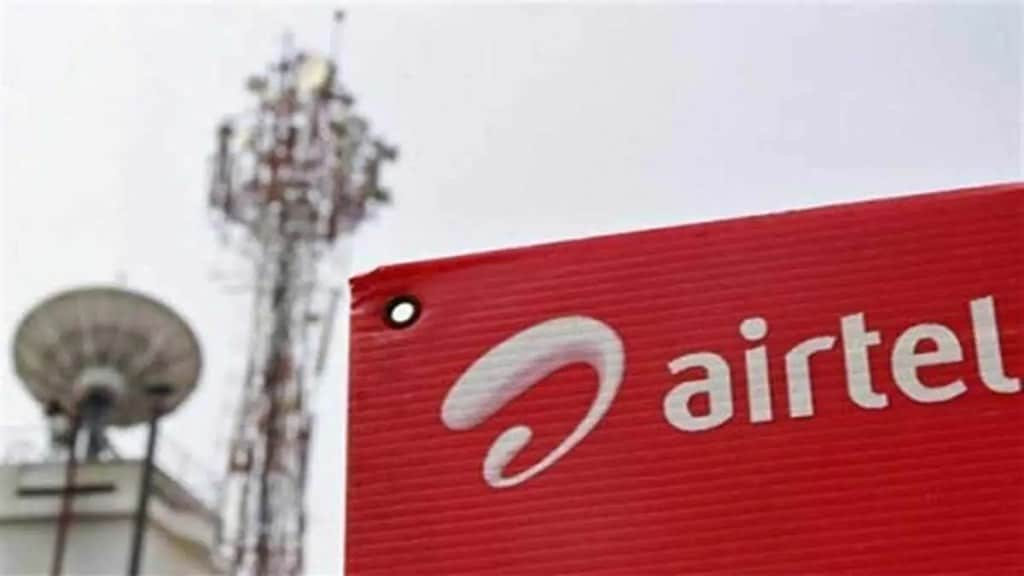Airtel IQ, which is Bharti Airtel’s cloud communications platform, is confident of tapping a significant market share, leveraging the telecom operator’s strong enterprise customer base of over 1 million. The company, which started operations two years ago to provide virtual call centre solutions for businesses, counts 250 customers as on date.
Apart from the broader enterprise customer base, Airtel IQ sees parent’s core business of providing voice and messages, better pricing of communication solutions, ability to offer better scale to the enterprise, as key differentiators of its solutions from its competitors.
“If you look at the last two years, we are doubling every quarter in terms of the number of enterprises that work with us. We will continue to grow at this rate for several more quarters,” Abhishek Biswal, business head at Airtel IQ, told FE in an interaction.
Also Read: Vodafone Idea won’t build digital assets; to continue with partnership model
Airtel IQ is housed under the Airtel Business vertical which contributes about 14% to the telecom operator’s overall revenue.
Using a cloud communication solution, enterprises can integrate an automated interactive voice response (IVR) system, automatic customer care call routing to agents, business integration with WhatsApp, among other things. At present, Airtel IQ competes with the likes of startups such as Exotel, Knowlarity, MyOperator, etc, in the cloud communication space.
“Eventually, whether it’s voice or message, we are a manufacturer of these products. A manufacturer will always have one innovation advantage,” Biswal said, adding that a right go-to market strategy, coupled with data security and transparency also makes the company’s cloud communication offerings superior.
The non-telecom companies that offer cloud telephony solutions are dependent on telecom peers for voice and connectivity services as the latter own the network completely.
Being an original manufacturer of voice services, Airtel also has the advantage of providing phone numbers to its enterprise businesses which look like mobile numbers having a series of ‘9800’, whereas its competitors are only providing landline numbers.
Also Read: Airtel 5G: Full list of cities where telco has launched 5G services
Simply put, the chances of a consumer picking a call from a business having a mobile number are more, compared to those that shows a landline number. Since, the cloud telephony operators are aggregators of phone numbers from a telco like Airtel, usually they don’t provide mobile numbers to them or give them at a hefty premium.
Currently, Airtel IQ earns in the range of Rs 10 lakh to Rs 10 crore per month from enterprises across all sizes. The growth in the company’s revenue is tied up to the usage of voice and SMS activities of its clients.
The company charges anywhere from 20-30 paise for a 30 second call, 10-15 paise per SMS, whereas other companies in the segment provide services as a complete package which may hamper the communications for an enterprise if their voice credits expire.
“We only charge for successful communication…the pricing strategy needs to make sense for the customer. It is not a product that we have sold and we are expecting the enterprise to do the thing. We are literally running their business. If the number stops, their business suffers, so it is almost like they have asked us to do their work,” Biswal said.
“When the enterprise actually incurs a meaningful conversation, they should spend money. I think this is the most transparent way of charging,” he added.
Apart from serving customers across key sectors, the company is bullish on the banking, financial services and insurance (BFSI) sectors, and is working with banks like SBI, HDFC Bank, among others.
In March, Airtel IQ, in partnership with Airtel Payments Bank, will also launch payment solutions over IVR, making it possible for consumers to make payment over a call using UPI. In the interactive call itself, the consumers would be able to give authorisation for that payment by entering their four digit pin, Biswal said, adding that the certification from the National Payments Corporation of India is pending as of now.


